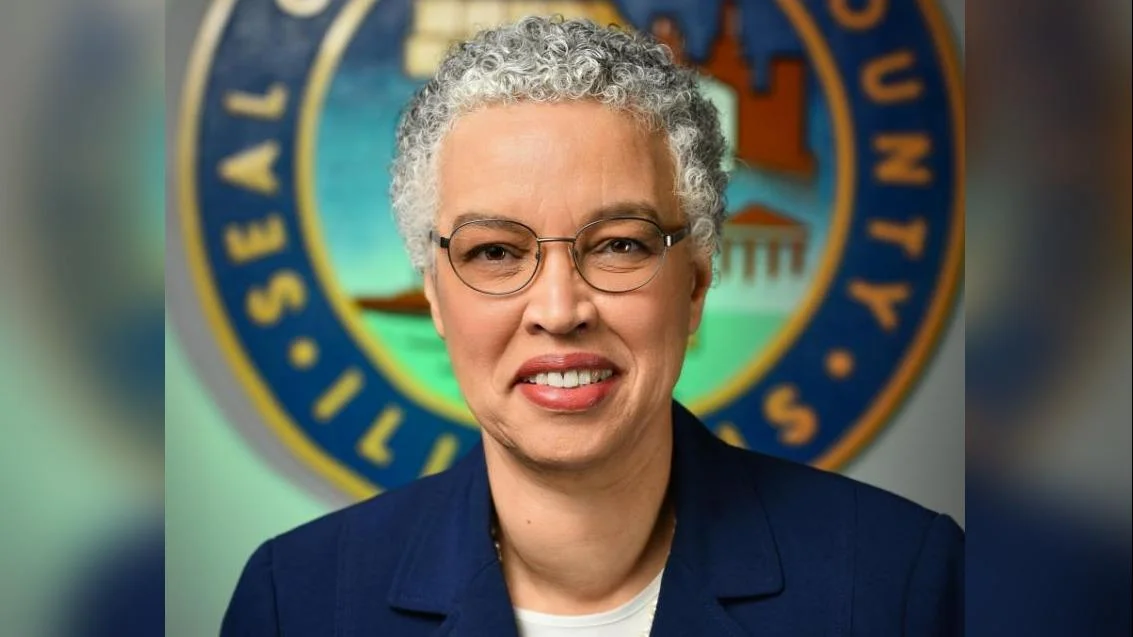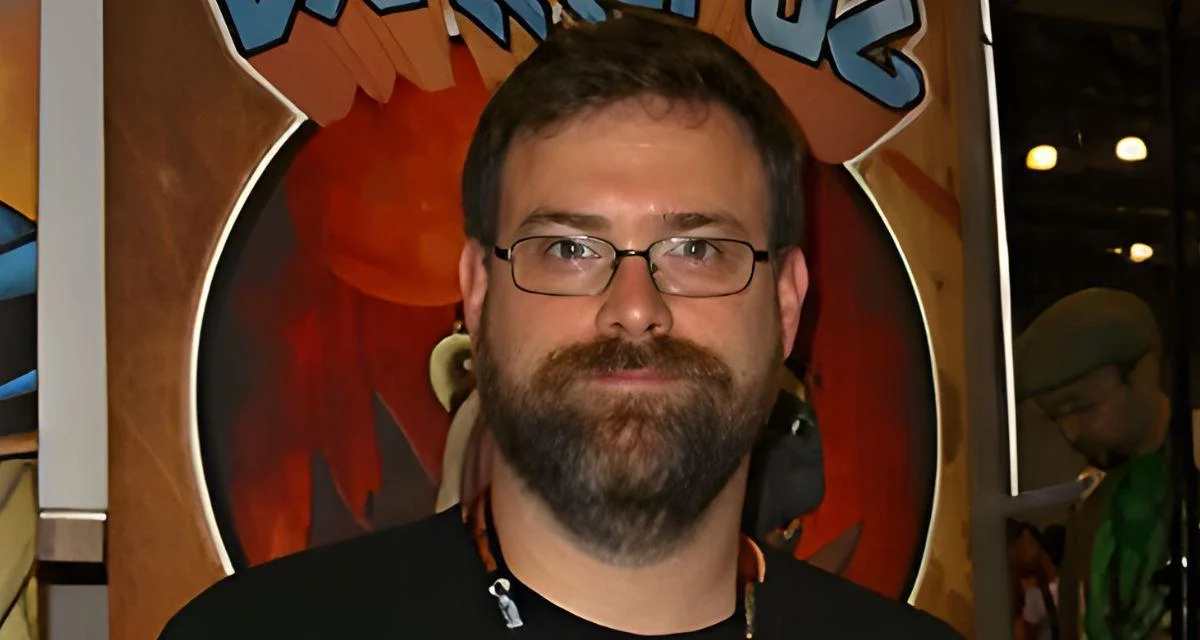The United Church of Christ (UCC) is marking Juneteenth 2025 with an event titled “Intergenerational Movement-Making toward Solidarity.” This initiative, led by UCC Racial Justice Ministries and Join the Movement, aims to engage participants in the stories of emancipation movements from slavery through civil rights to the present day. The focus is on understanding connected lineages and the role of intergenerational leadership in ongoing movements for freedom, equity, and liberation.
Rev. Dr. Velda Love, minister for Racial Justice and lead minister of Join the Movement, emphasized the significance of this year's celebration. "Juneteenth 2025 is a celebration in recognition of the intergenerational lineages of African American Women within the Christian Church and beyond," she stated. Love highlighted that these stories often go unrecognized within predominantly white churches.
Dr. Sharon R. Fennema, curator of Join the Movement for UCC, addressed current efforts to erase parts of history related to those who fought against oppressive forces like white supremacy and colonization. She stressed that part of their sacred calling as Christians is to remember these histories: “There is no better way to celebrate...than to discover the ways those lineages live on in today’s movements.”
Fennema also pointed out that Juneteenth provides an opportunity for everyone, including those of European descent, to learn about emancipation stories that have been overlooked: "Taking time with these voices and this history is an important first step toward greater understanding."
The celebration features a video showcasing youthful perspectives on Juneteenth's importance across generations. Rev. Trayce Potter, minister for Children & Youth Engagement at UCC, expressed enthusiasm about involving young people: “To have them articulate their passions...demonstrates that the church has strong leaders...ready and capable of making a positive difference.”
Love underscored the importance of oral history in preserving Black Lives' narratives: “Oral history is a way to preserve and remember sacred moments...Stories are best remembered when they are told by elders and Griots.” She reiterated that storytelling is crucial for future generations' survival and thriving.
Participants can access various resources related to this event on ucc.org.
 Alerts Sign-up
Alerts Sign-up





